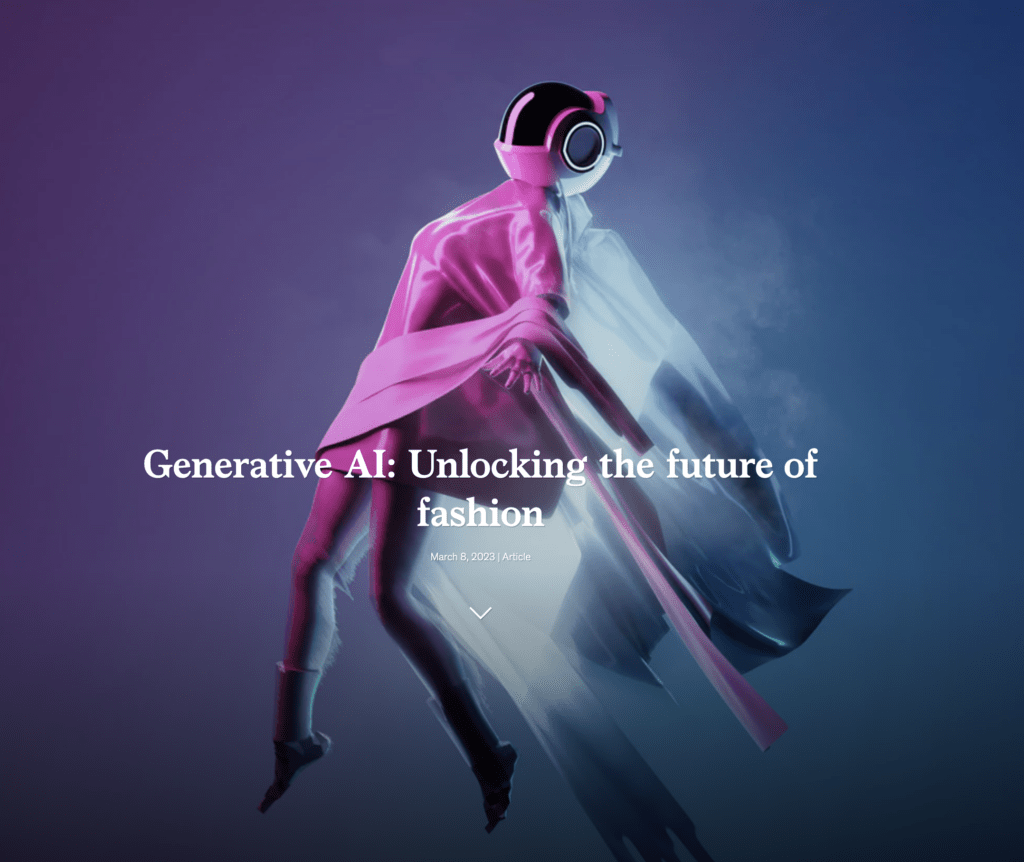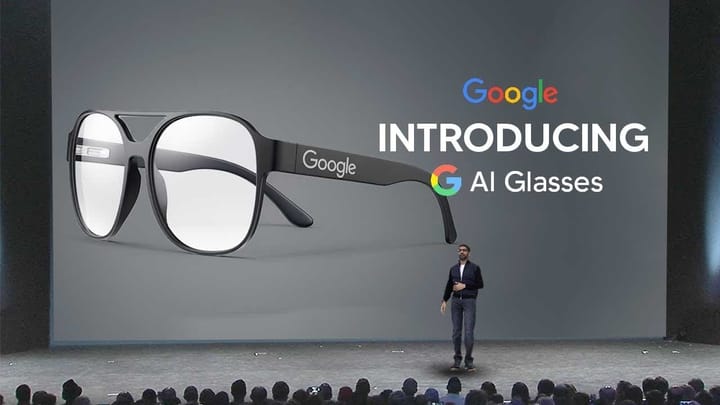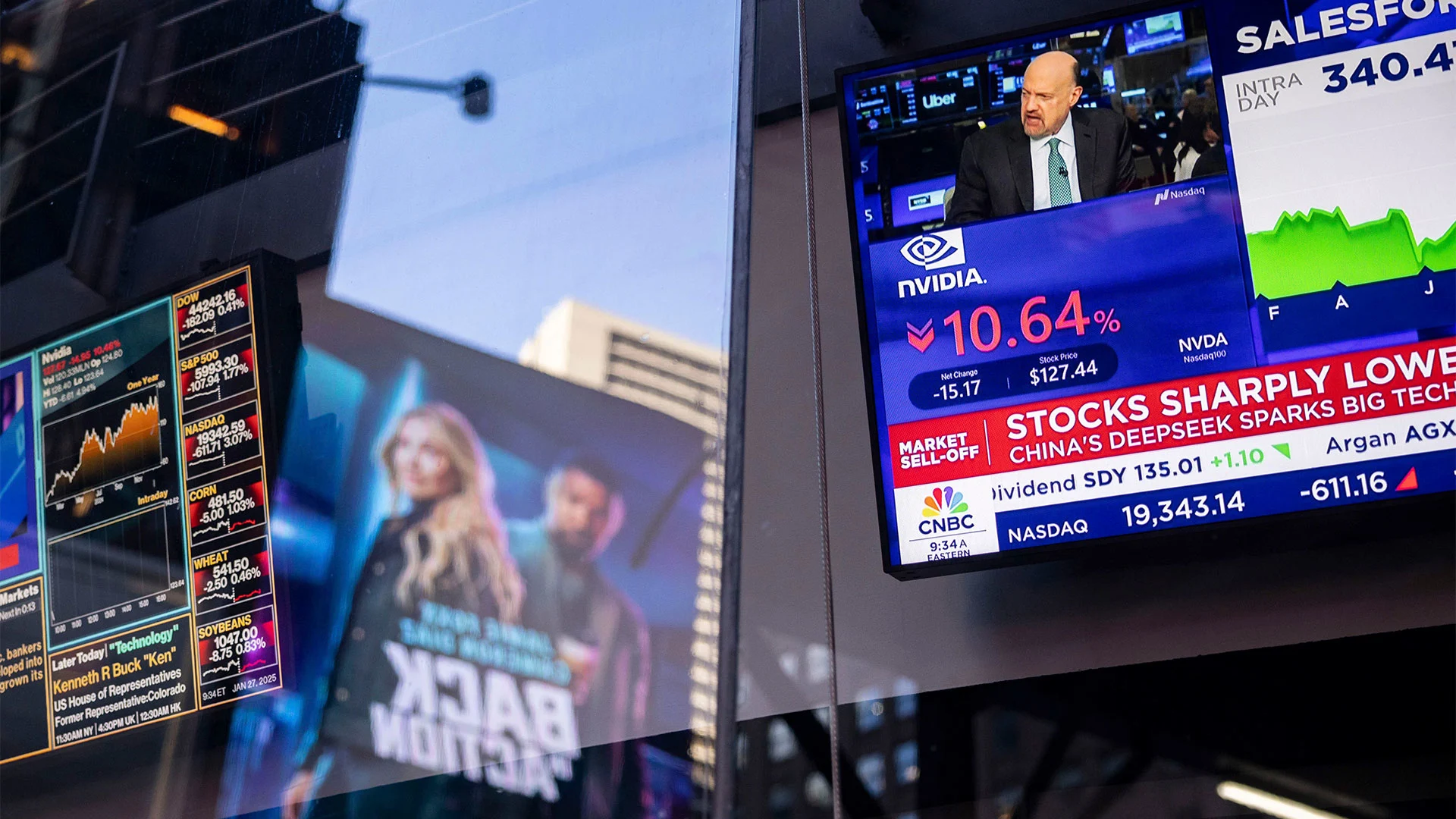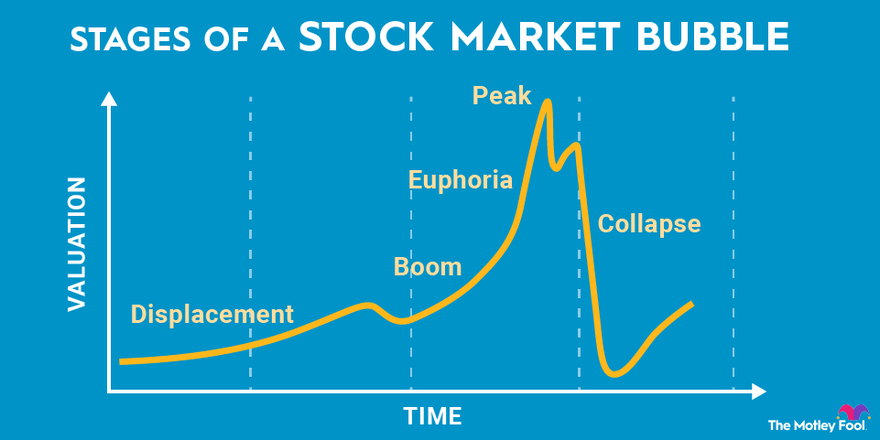Leveraging AI for Fashion Success

Harnessing AI for Creative Design
Artificial intelligence (AI) is revolutionizing the fashion industry in various ways, including creative design. By leveraging AI, designers can streamline their design process, generate new ideas, and create innovative designs. Here are some ways to harness AI for creative design:
Starting Point with AI-Generated Images
AI-generated images can serve as an excellent starting point for your design. These images can be created using generative adversarial networks (GANs) or variational autoencoders (VAEs). While AI-generated images can spark inspiration, don't be afraid to modify or iterate on them to fit your design vision.
Experimentation with AI Tools and Techniques
Experiment with different AI tools and techniques to find what works best for you and your design process. For instance, you can use AI-powered design software like Adobe Fresco or Prisma to create unique designs. You can also explore AI-generated patterns, textures, and prints to add an extra layer of creativity to your designs.
By embracing AI in the design process, fashion designers can unlock new possibilities, increase efficiency, and create innovative designs that stand out on the runway.
Trend Forecasting and Personalization
Artificial intelligence (AI) is revolutionizing the fashion industry in various ways, particularly in trend forecasting and personalization. These two aspects are crucial for fashion success, as they enable designers and retailers to meet consumer demands and stay ahead of the competition.
AI-Driven Trend Forecasting
AI plays a vital role in trend forecasting and buying within the fashion industry by analyzing extensive data sources. This includes:
- Social media platforms
- Runway shows
- Fashion blogs
- Customer reviews
By examining these sources, AI algorithms can identify patterns, predict future trends, and provide valuable insights for designers and retailers. This enables them to make informed decisions about their collections and inventory, ensuring they meet consumer demands and stay ahead of the curve.
Personalized Fashion Guidance
AI-driven chatbots provide customers with tailored fashion guidance, taking into account their:
- Body type
- Style preferences
- Previous purchases
These chatbots offer personalized recommendations, helping customers discover new styles and trends that suit their individual preferences. This not only enhances the shopping experience but also fosters customer loyalty and increases sales.
Streamlining Fashion Business Operations
The fashion industry is undergoing a significant transformation, and AI is at the forefront of this change. By leveraging AI technologies, fashion businesses can streamline their operations, boost efficiency, and drive success. In this section, we'll explore how AI can revolutionize fashion business operations.
Optimizing Design and Product Development
AI can help create better-selling designs by analyzing trends, customer preferences, and sales data. This enables fashion brands to develop products that meet customer demands, reducing the risk of unsold inventory and associated costs. AI can also assist in reducing marketing costs by identifying the most effective channels and targeting strategies.
Hyperpersonalizing Customer Communications
AI-powered chatbots and virtual assistants can help fashion brands deliver personalized customer service, enhancing the overall shopping experience. AI can also analyze customer data to offer tailored recommendations, promotions, and content, increasing customer engagement and loyalty.
Accelerating Processes and Reducing Costs
AI can automate repetitive tasks, such as data entry, inventory management, and order processing, freeing up staff to focus on creative and strategic work. Additionally, AI can help reduce costs by optimizing supply chain logistics, predicting demand, and identifying areas of inefficiency.
Revolutionizing Supply Chain and Logistics
AI can reshape supply chain and logistics management by predicting demand, detecting potential disruptions, and identifying opportunities for cost savings. AI can also optimize store operations, such as inventory management and visual merchandising, to create an engaging customer experience.
Enhancing Organization and Support Functions
AI can help fashion businesses streamline organization and support functions, such as human resources, finance, and IT. By automating routine tasks and providing data-driven insights, AI can enable fashion brands to make informed decisions, drive innovation, and stay ahead of the competition.
The Future of Fashion Design
The fashion industry is on the cusp of a revolution, and artificial intelligence (AI) is leading the charge. Generative AI, in particular, is poised to transform the fashion design process, enabling designers to create innovative and unexpected designs like never before.
AI-Assisted Creative Design
Generative AI can assist fashion designers in the creative design process by developing new ideas or helping to refine and optimize existing designs. This collaboration between human creativity and AI capabilities can lead to:
- Enhanced inspiration: AI can analyze vast amounts of fashion data, generating fresh ideas and inspiration for designers.
- Streamlined design process: AI can automate repetitive tasks, freeing designers to focus on high-level creative decisions.
- Improved design accuracy: AI can analyze design elements, ensuring accuracy and consistency in the final product.
Revolutionary Fashion Concepts
AI can combine designs in unique ways to create entirely new fashion concepts, leading to innovative and unexpected fashion designs. This AI-driven approach can:
- Push boundaries: AI can merge disparate styles, fabrics, and silhouettes to create truly revolutionary designs.
- Foster sustainability: AI can optimize designs for minimal waste, reducing the environmental impact of fashion production.
- Enable customization: AI can generate personalized designs based on individual preferences, body types, and lifestyle needs.
As the fashion industry continues to evolve, the integration of AI will play a vital role in shaping the future of fashion design. By embracing this technology, designers can unlock new creative possibilities, drive innovation, and redefine the boundaries of fashion.


















Comments ()